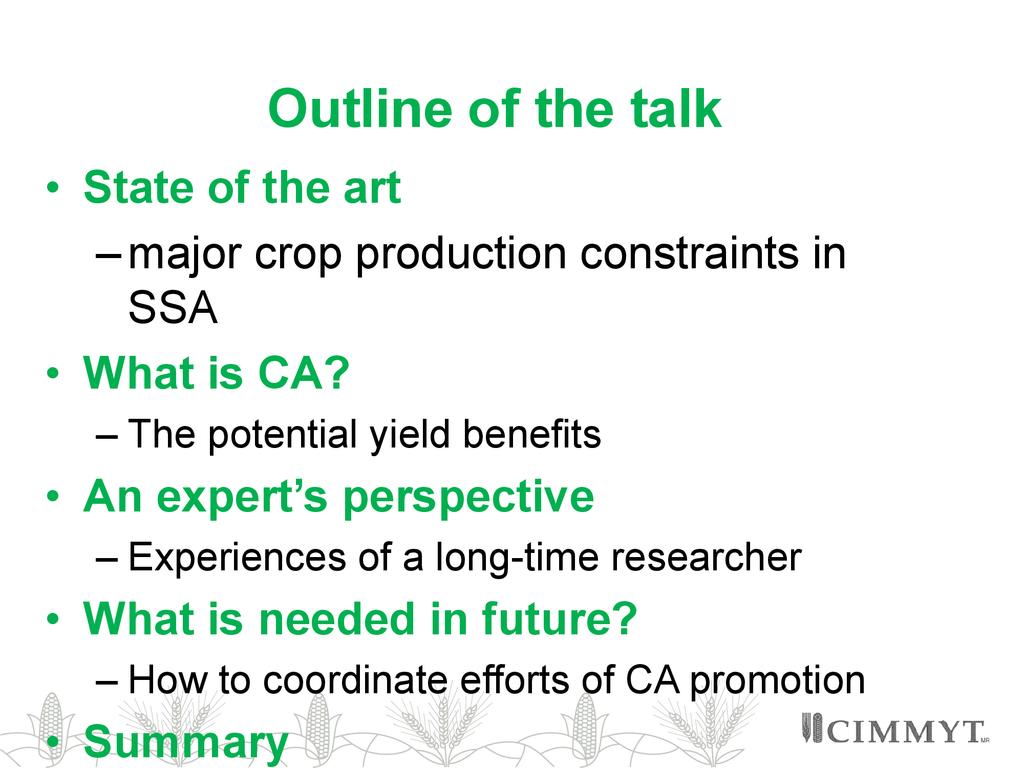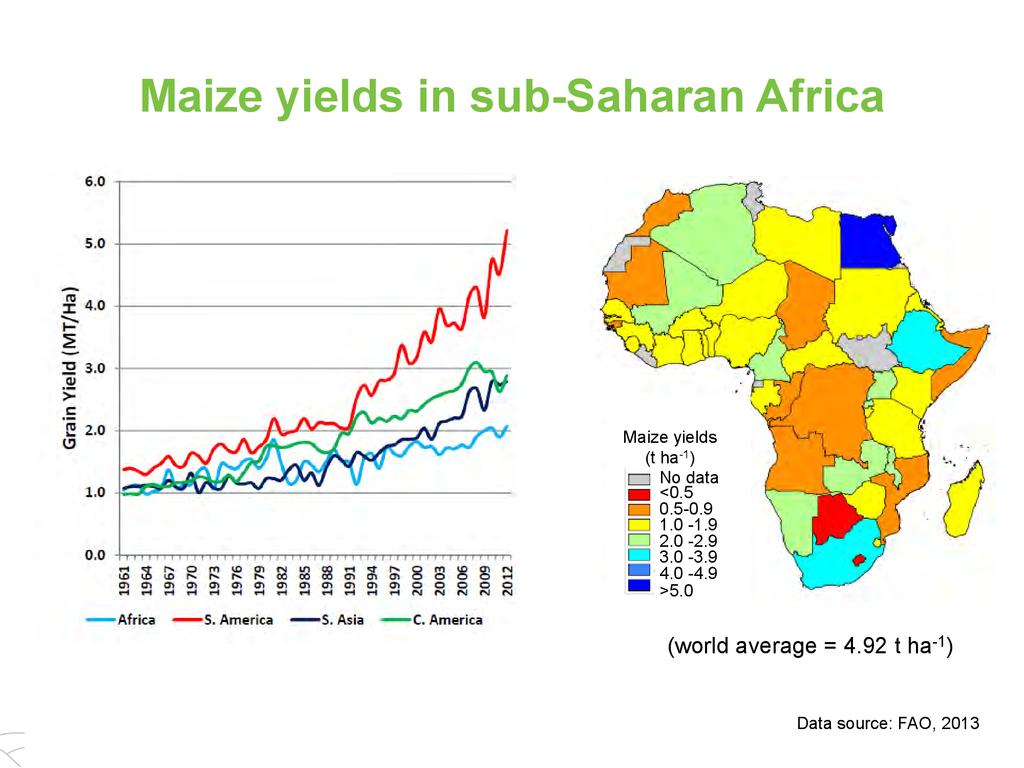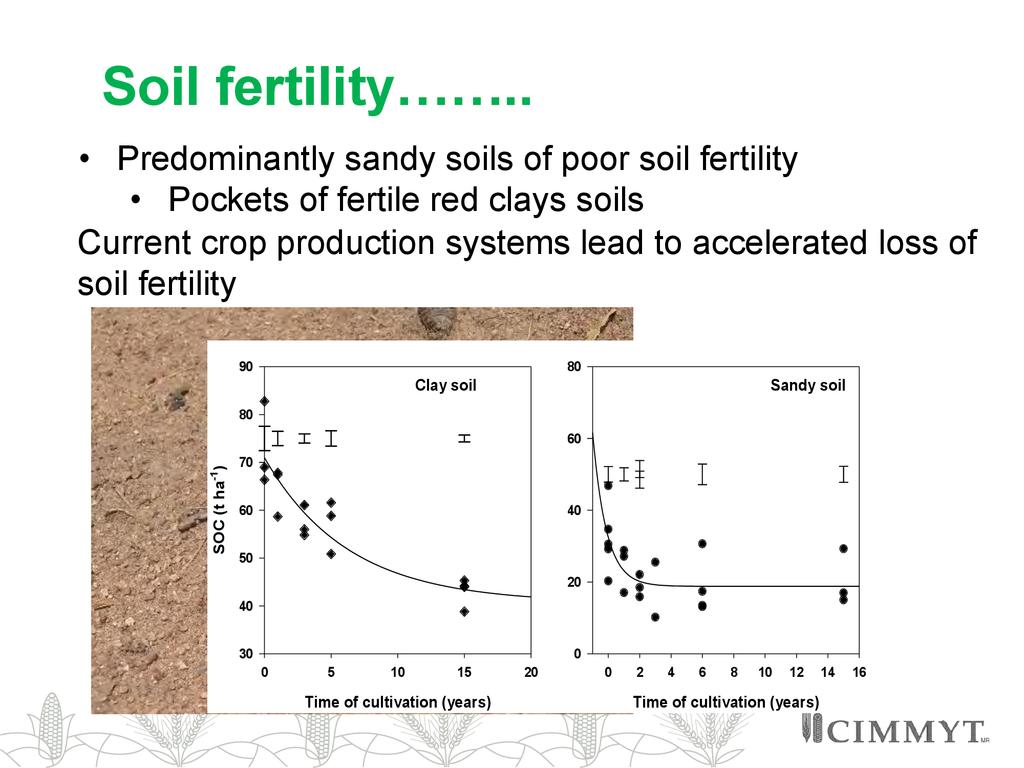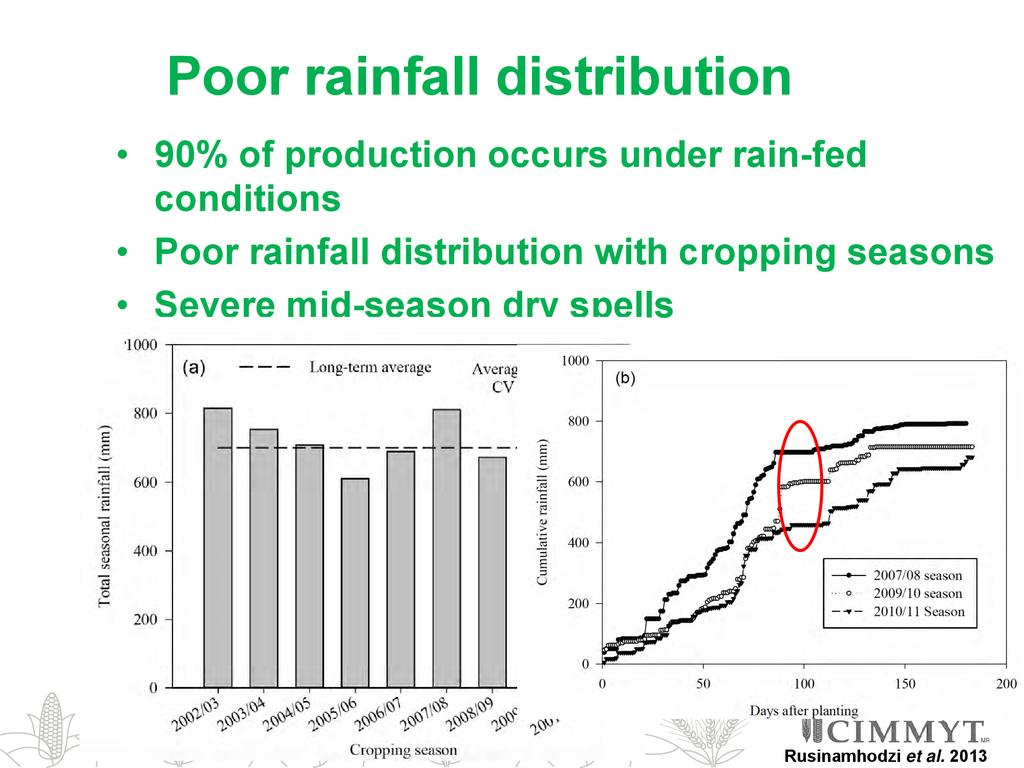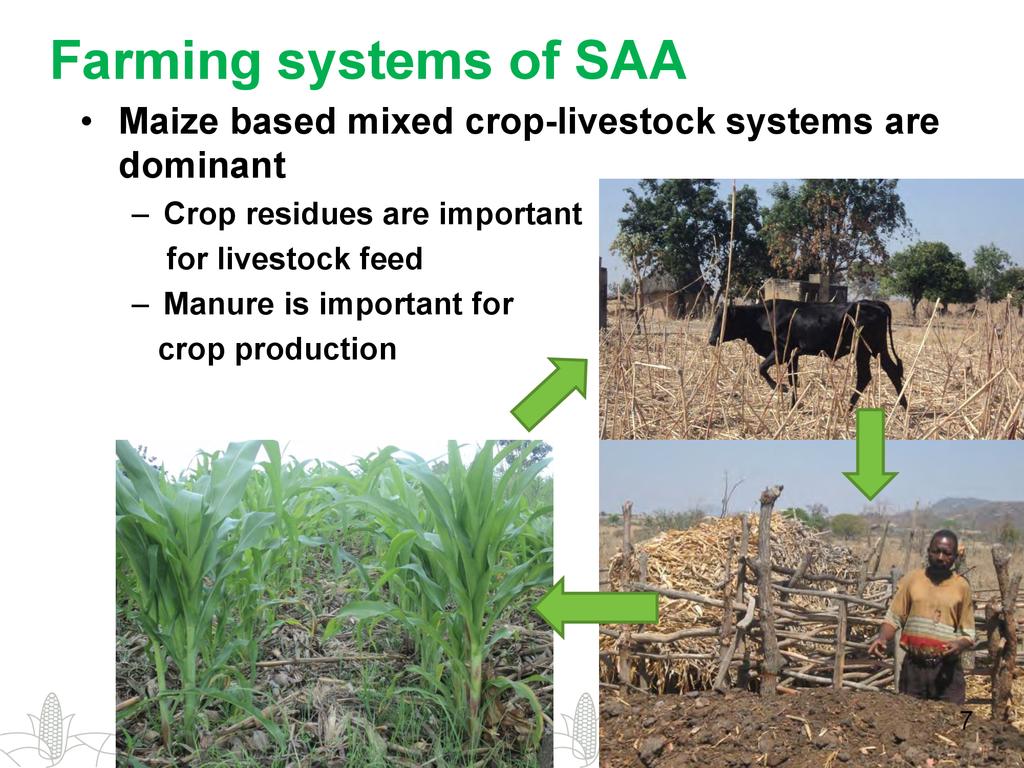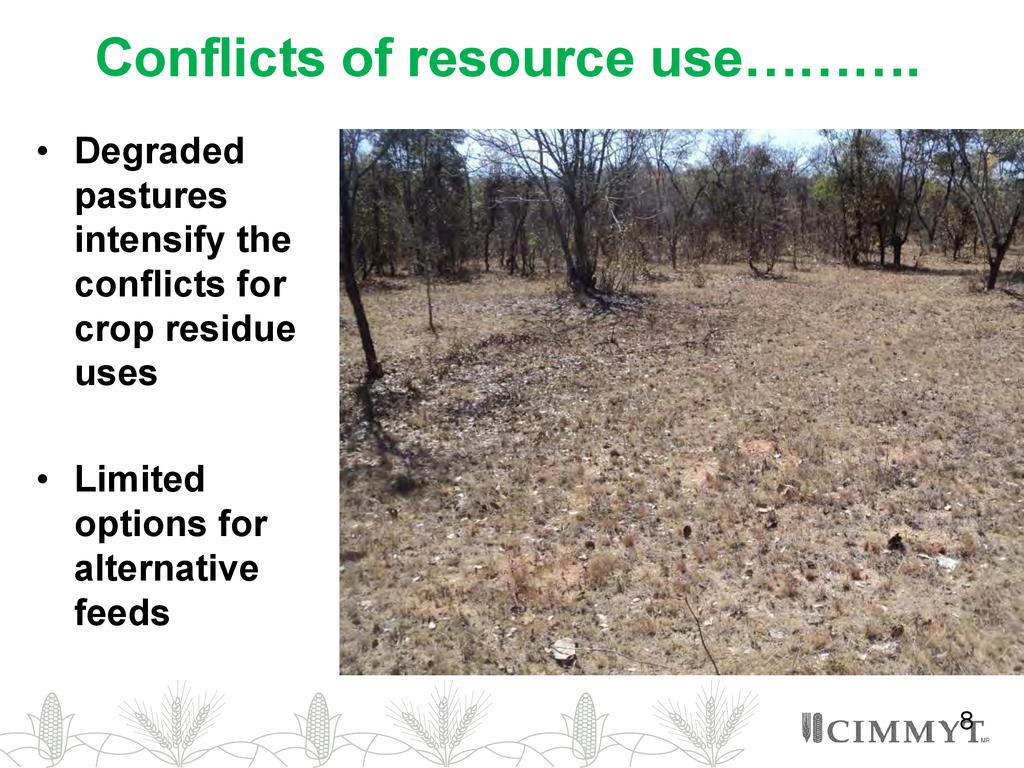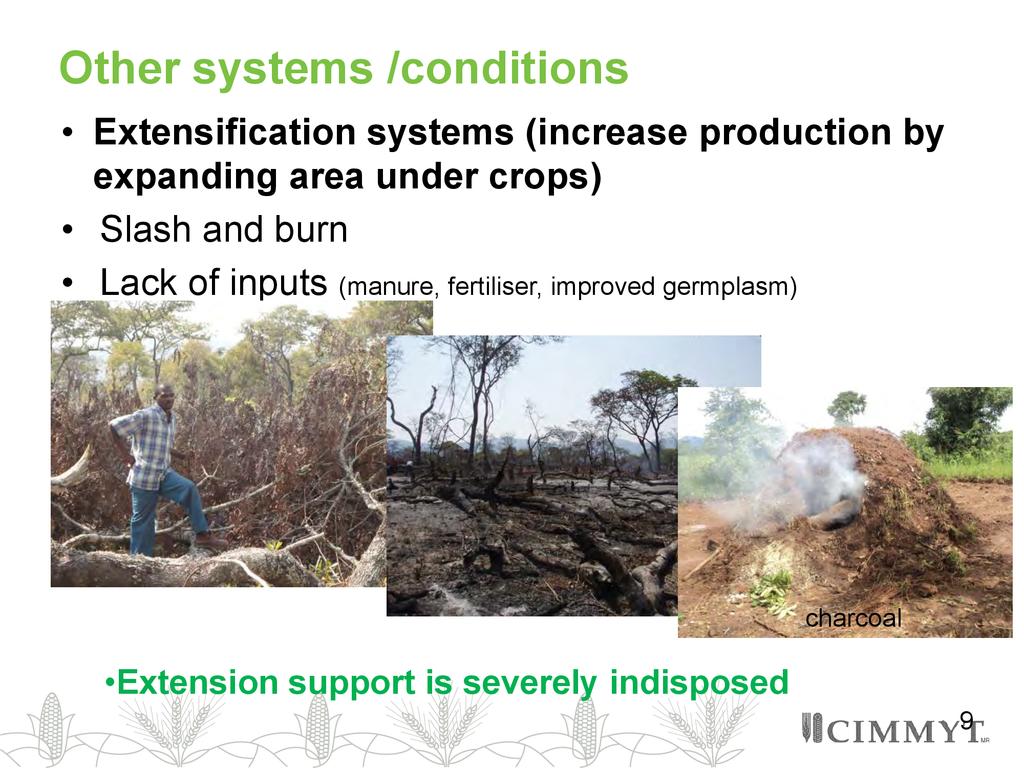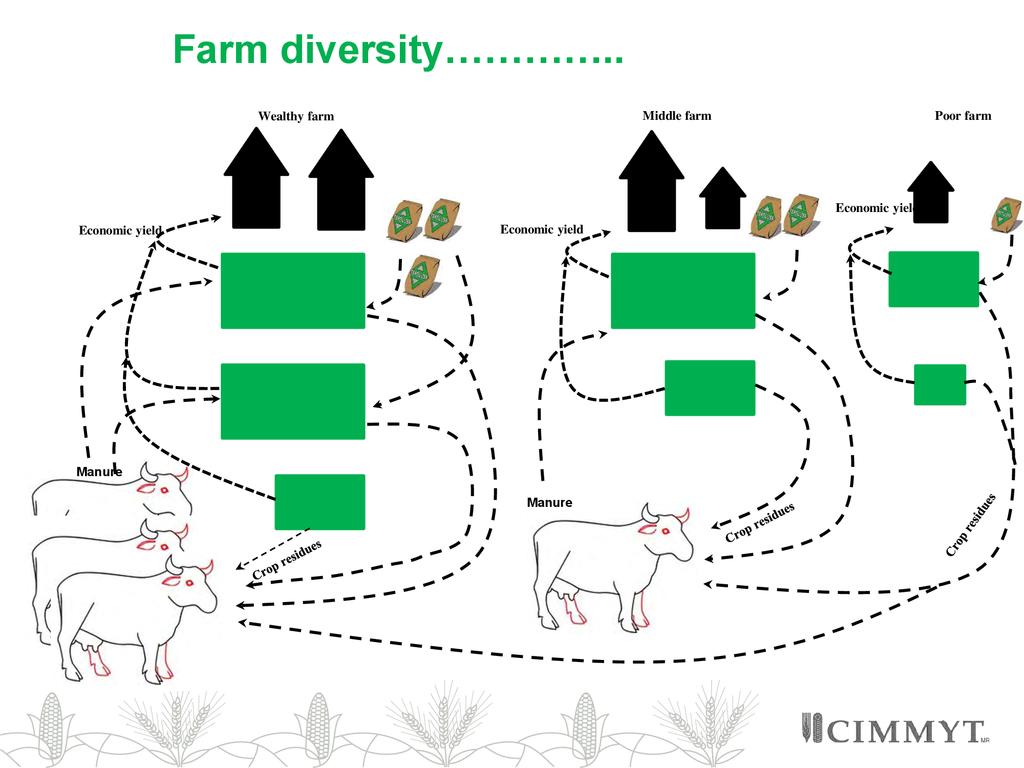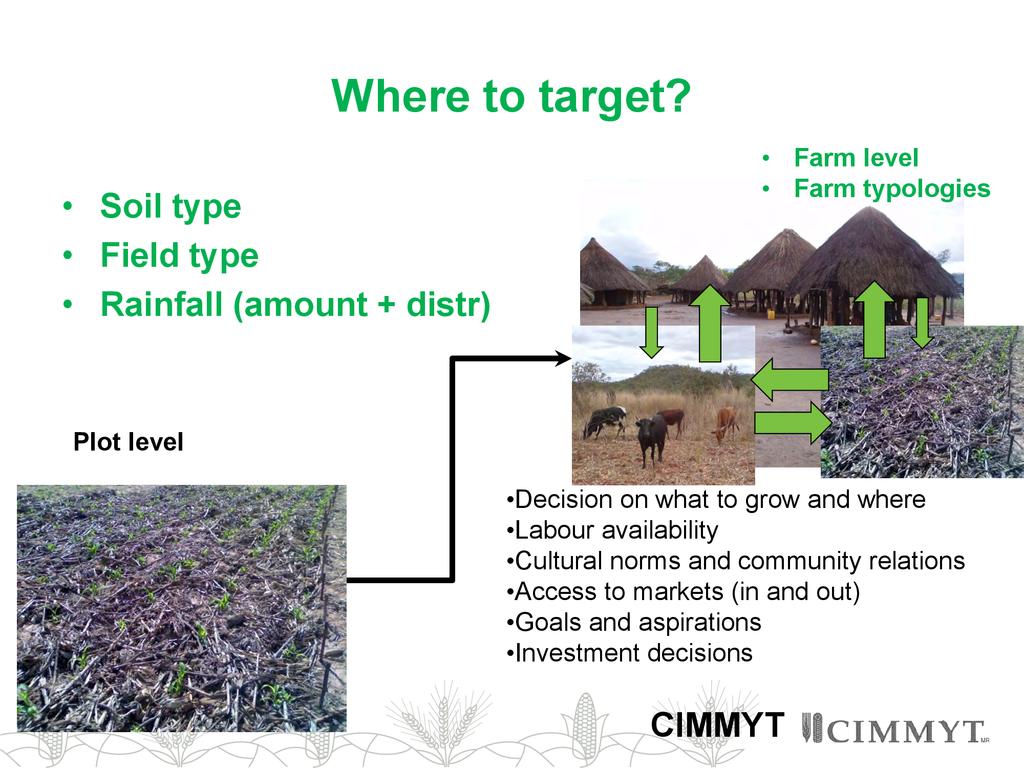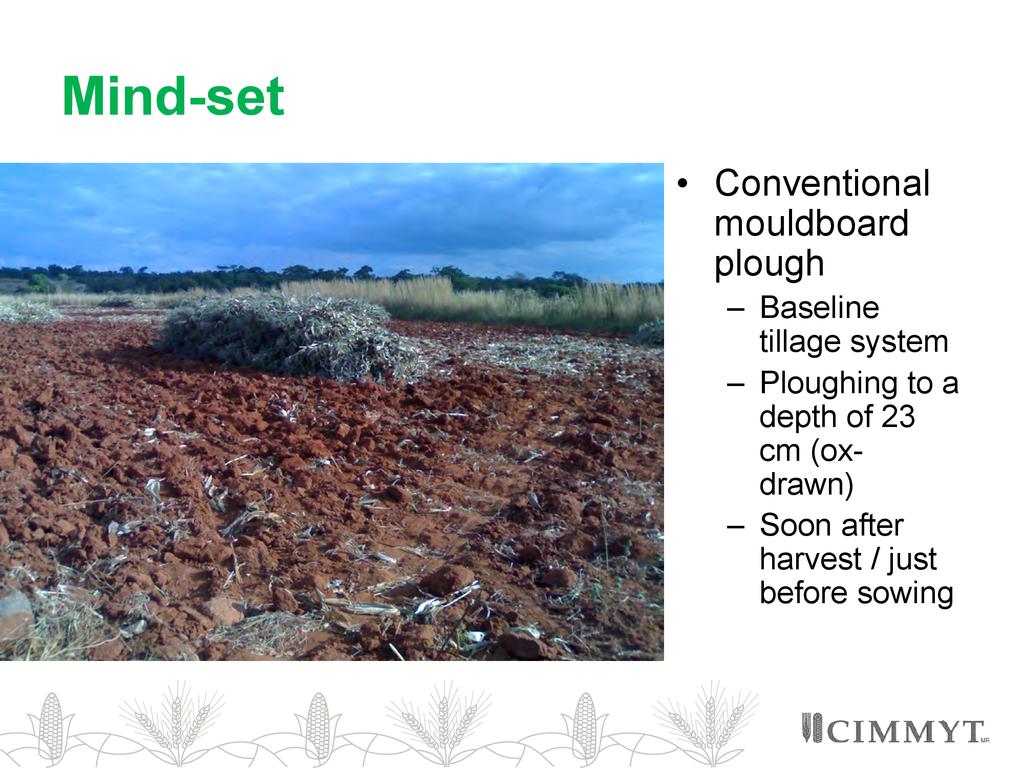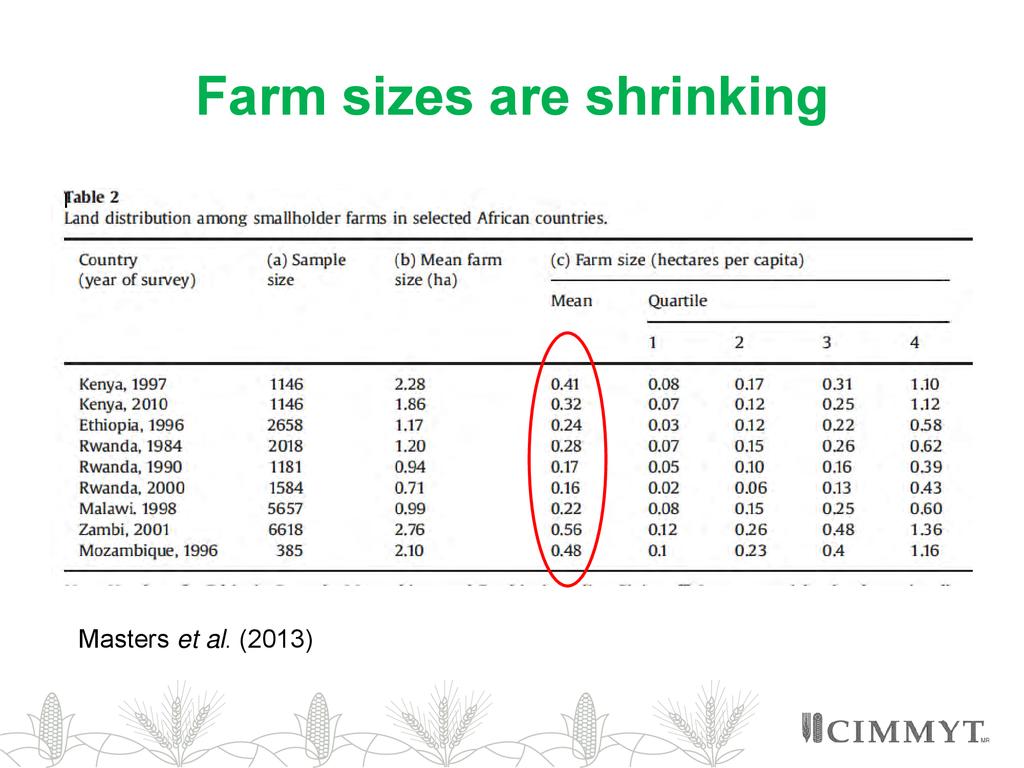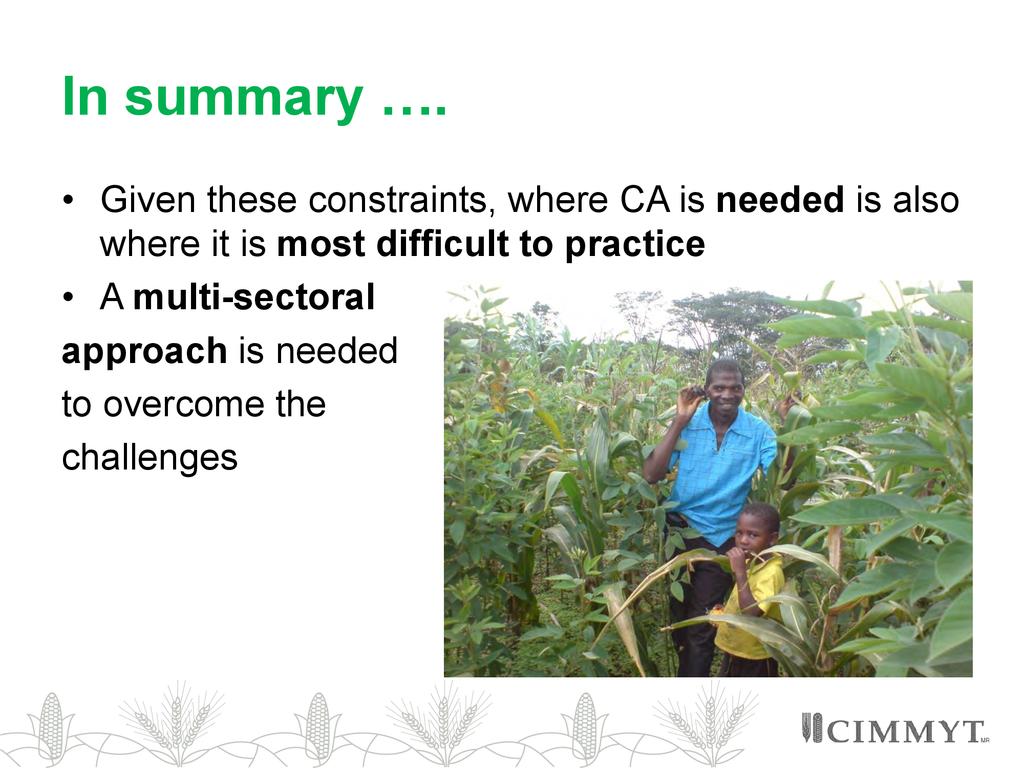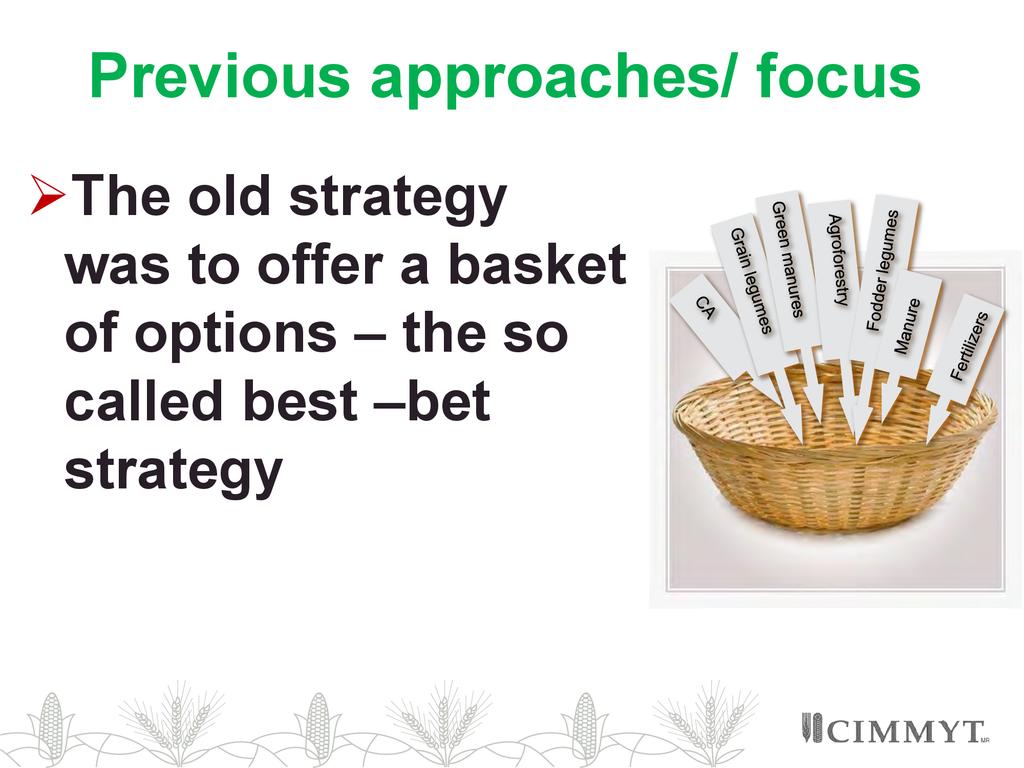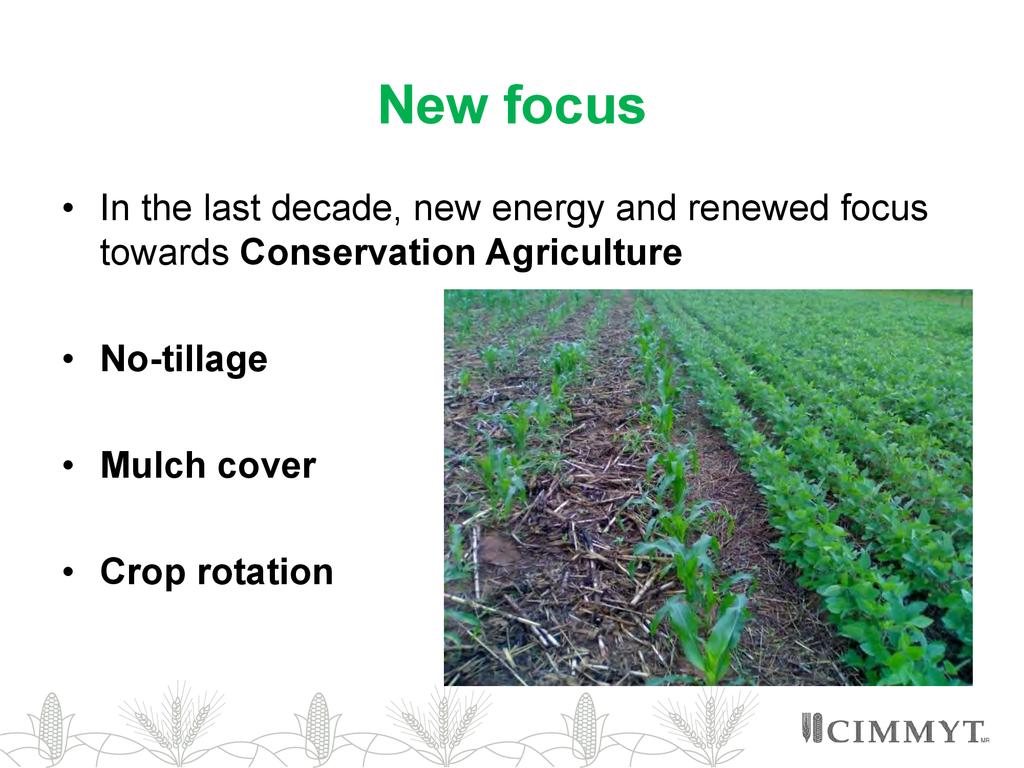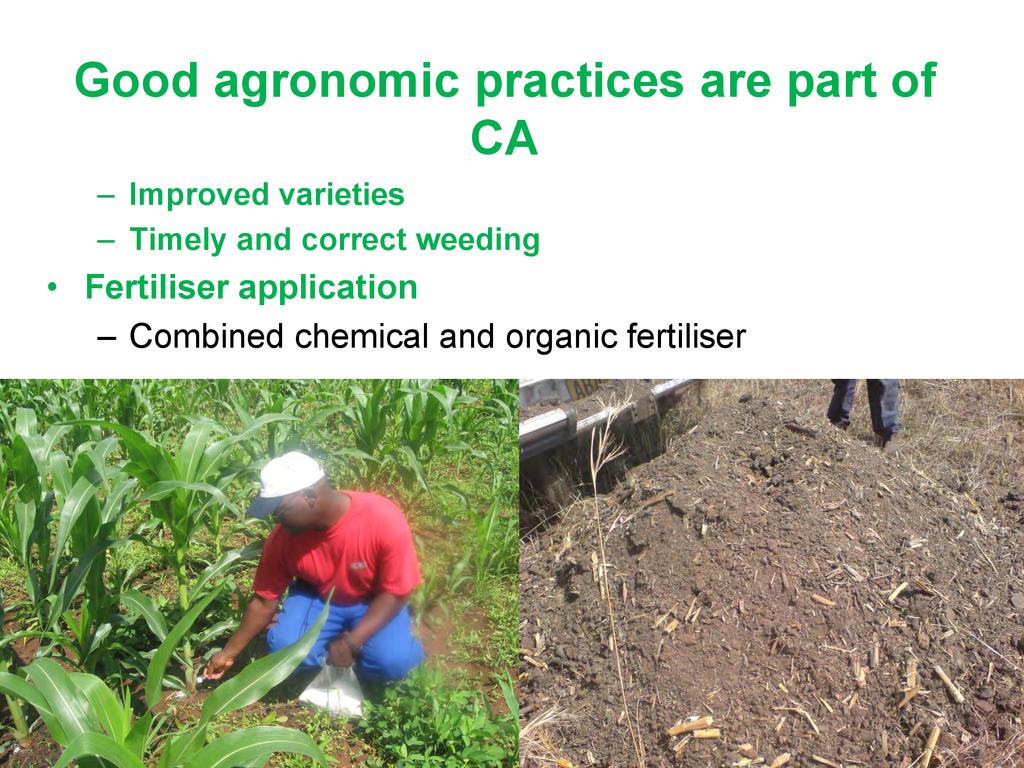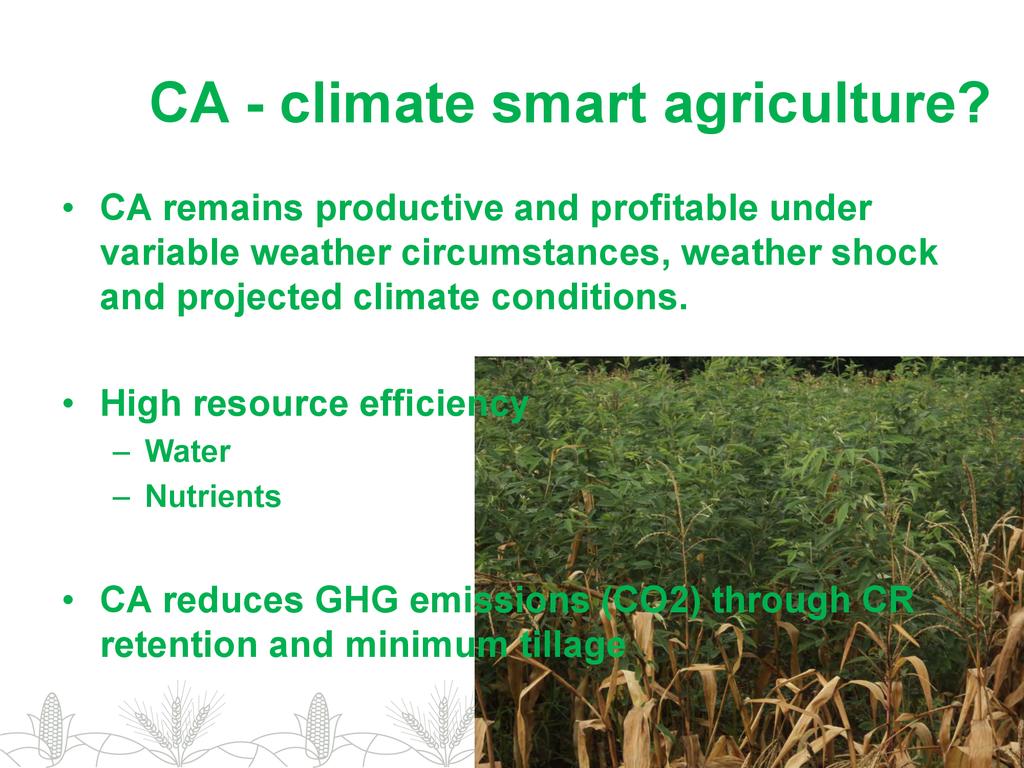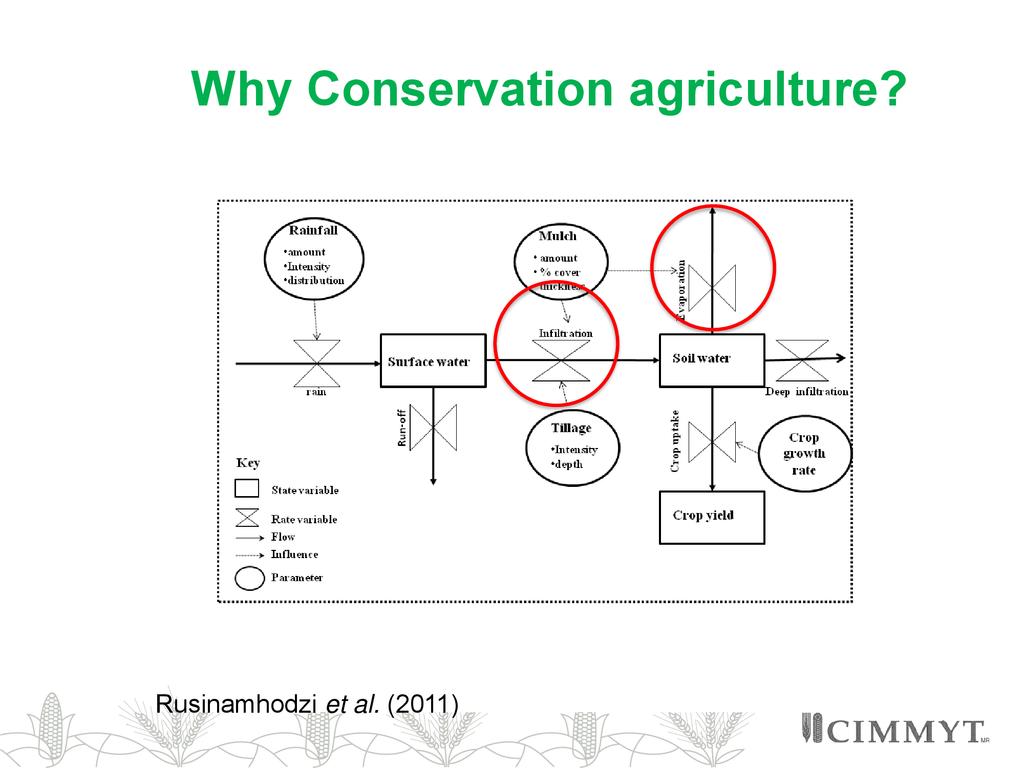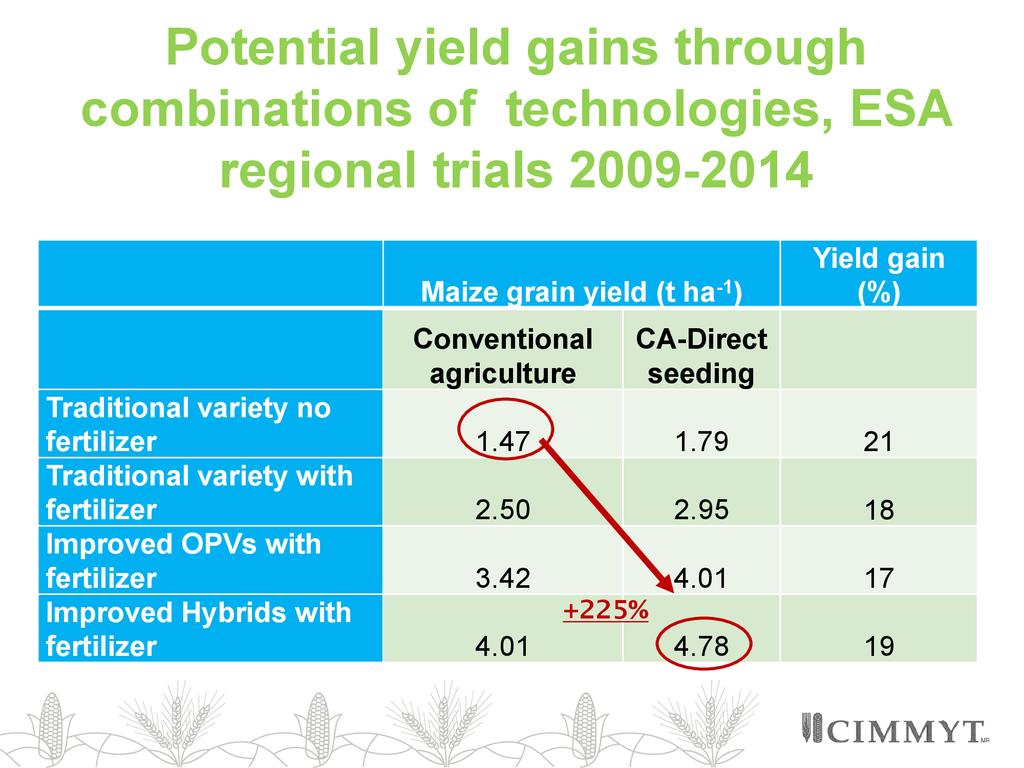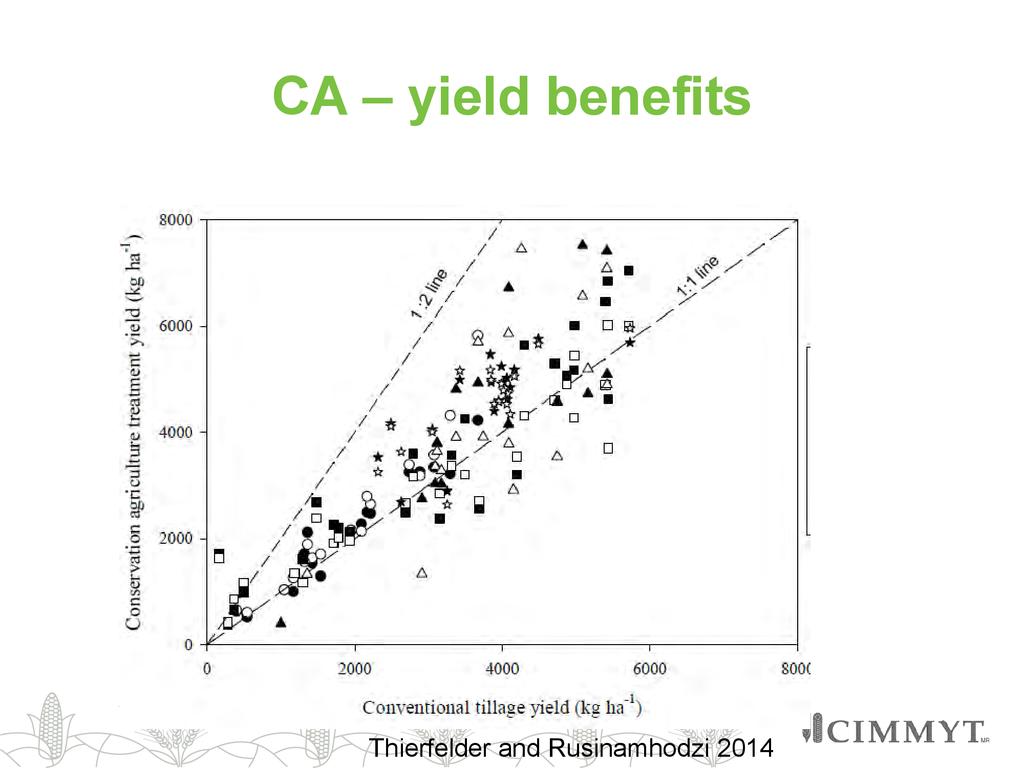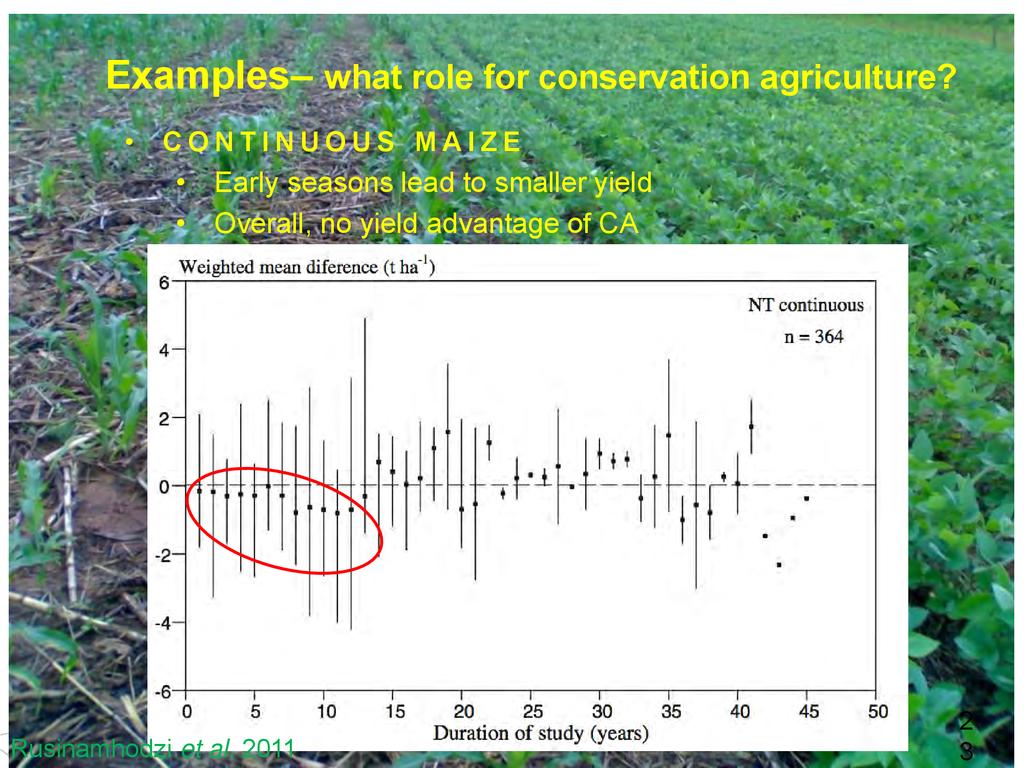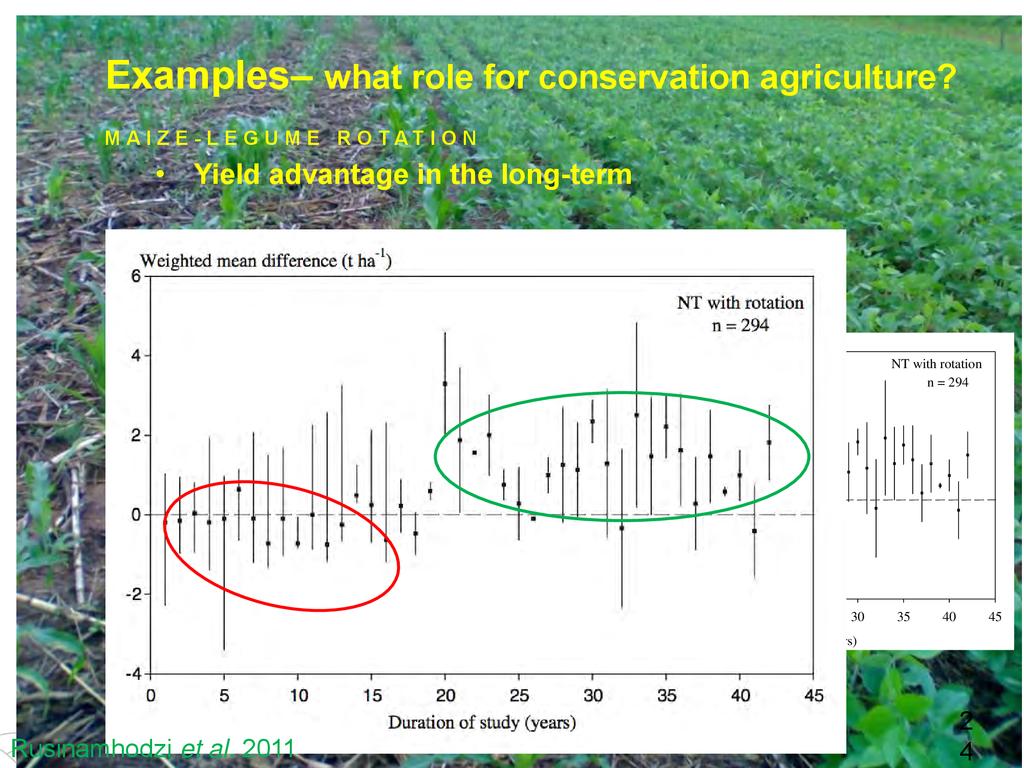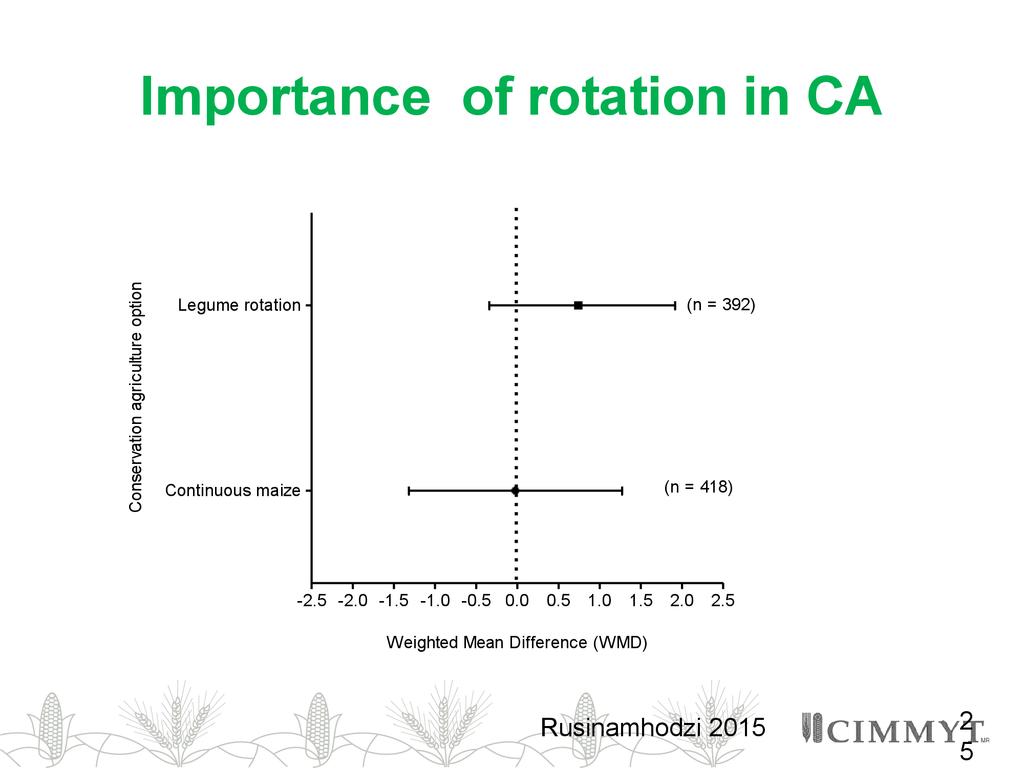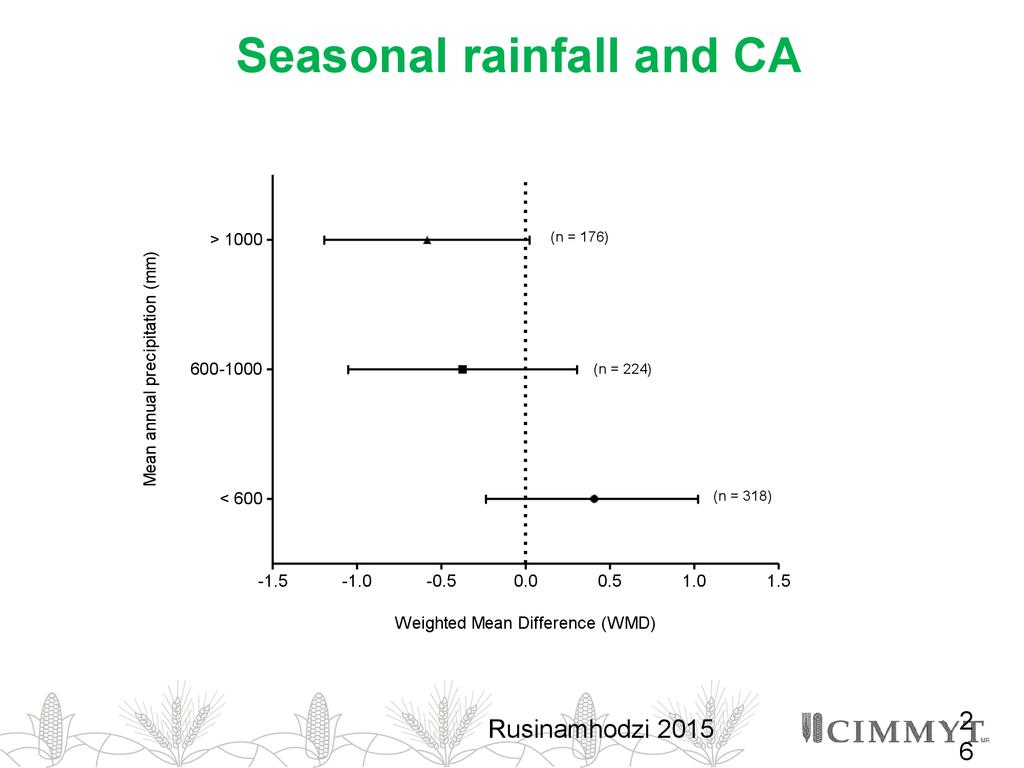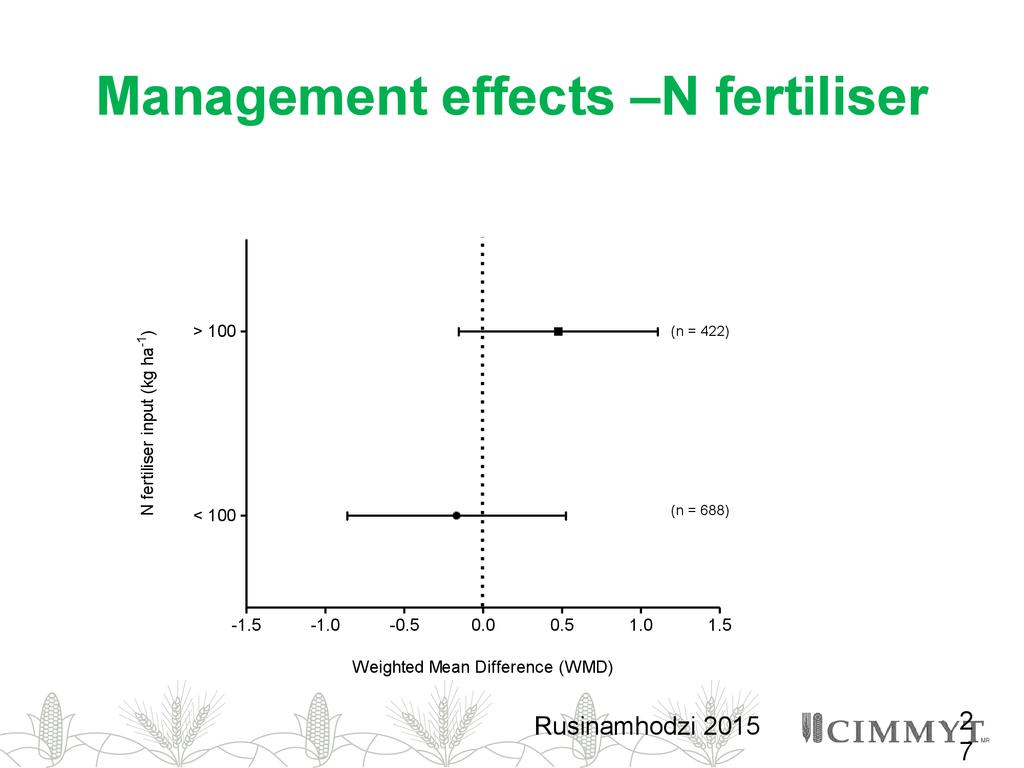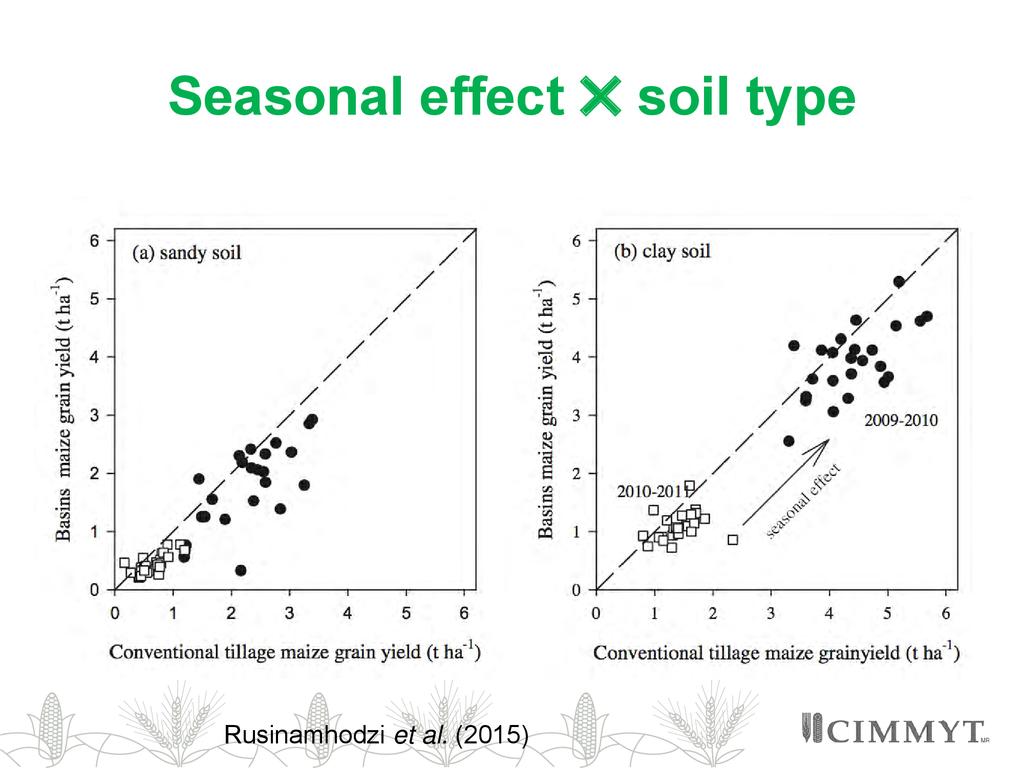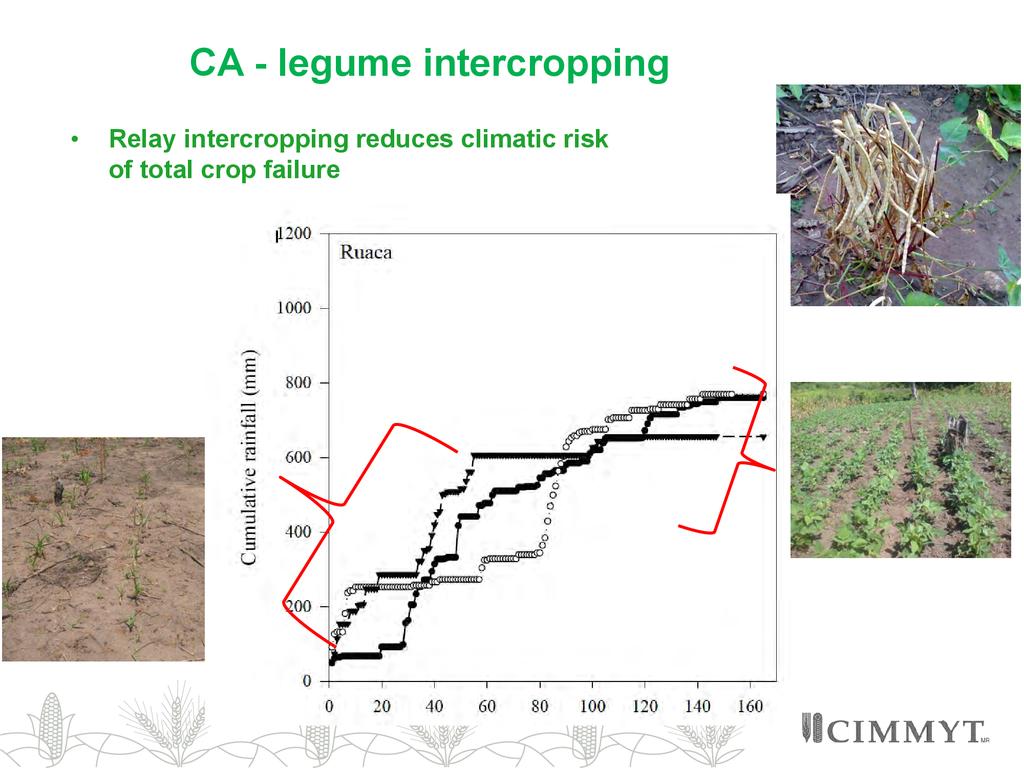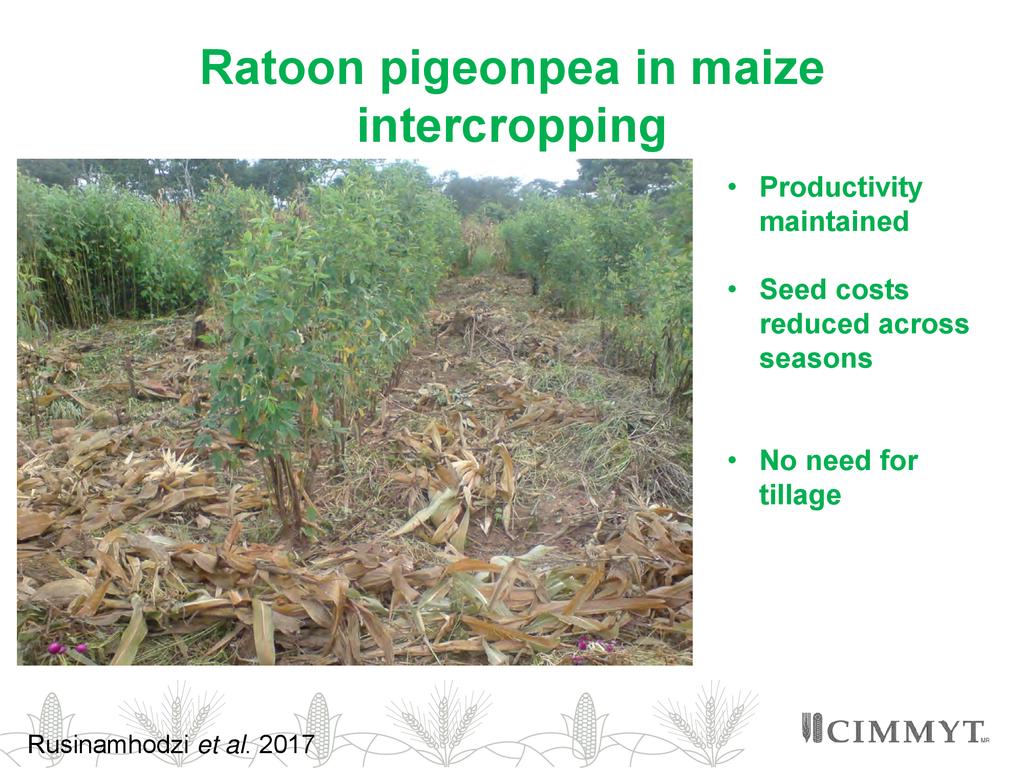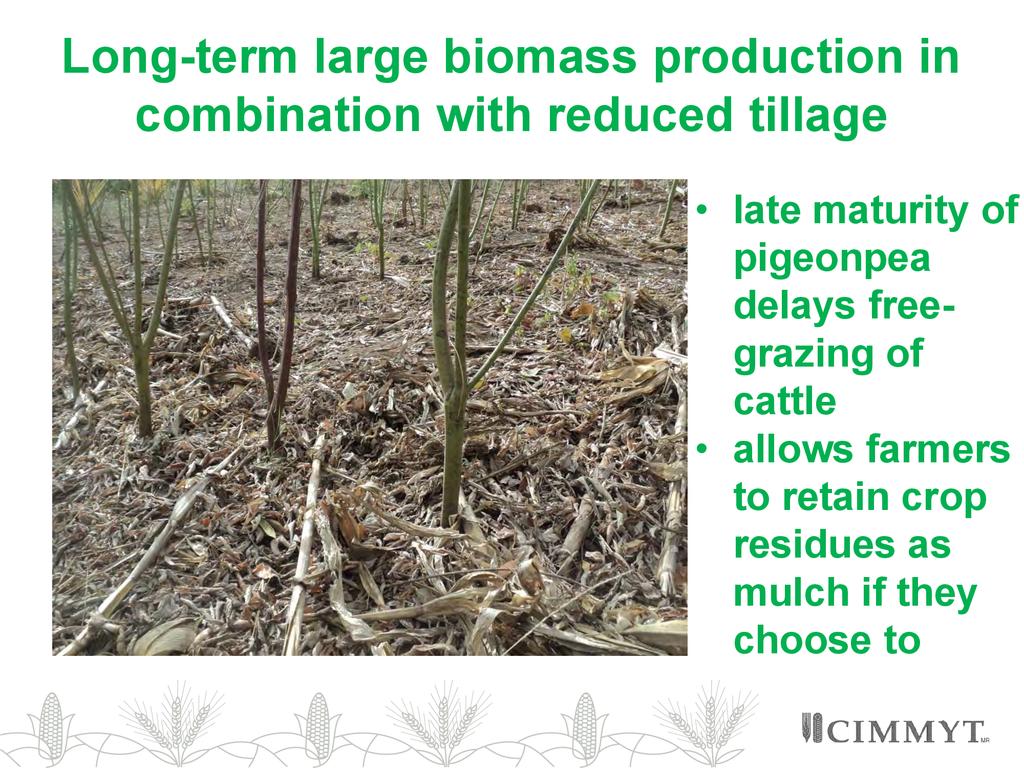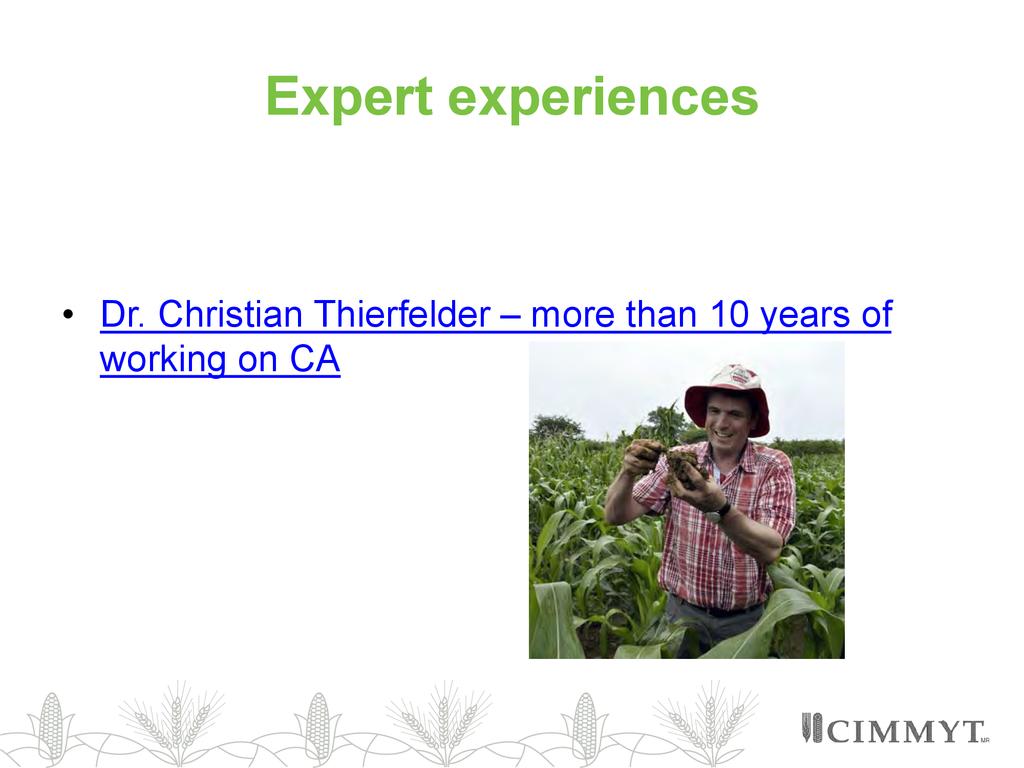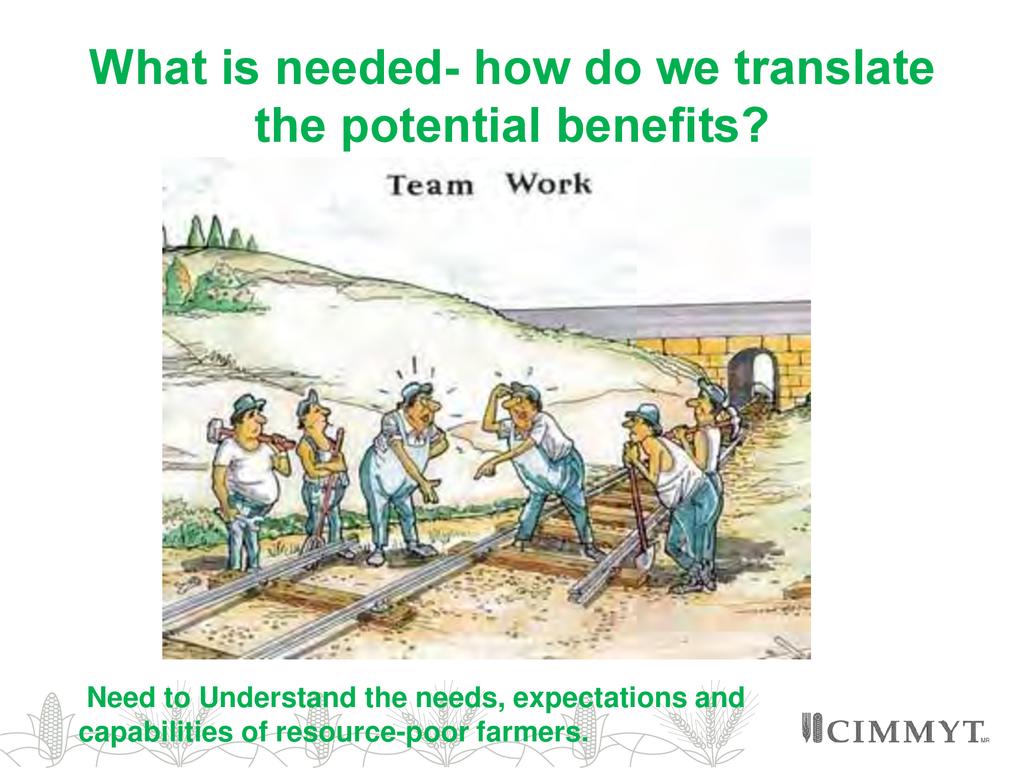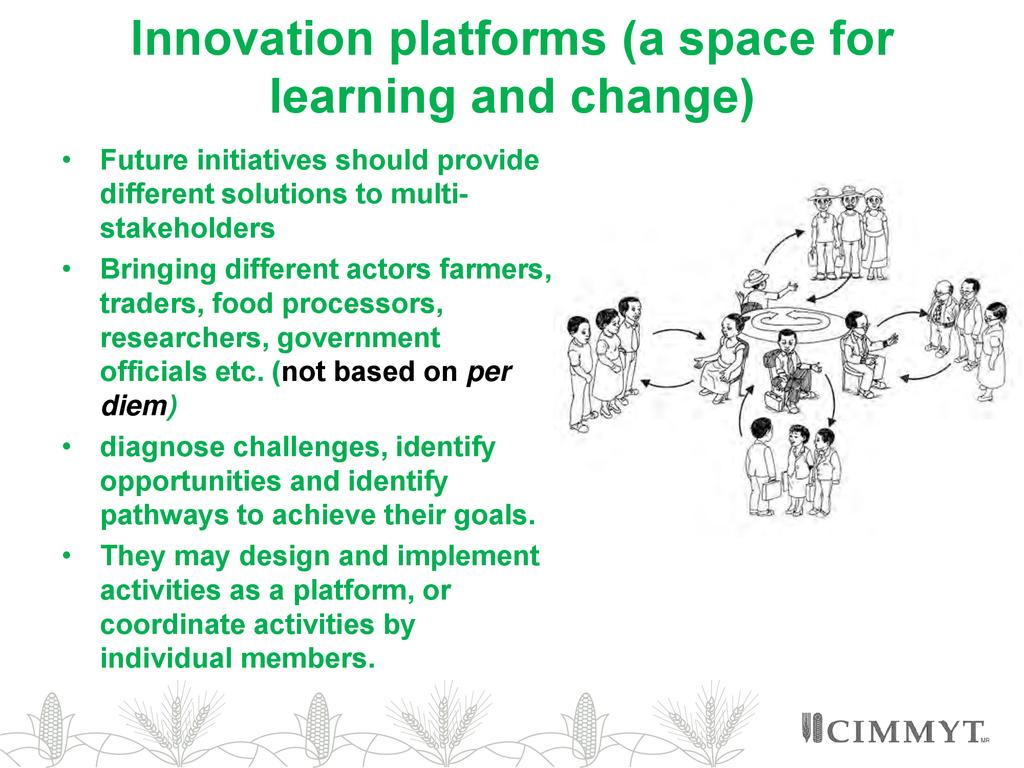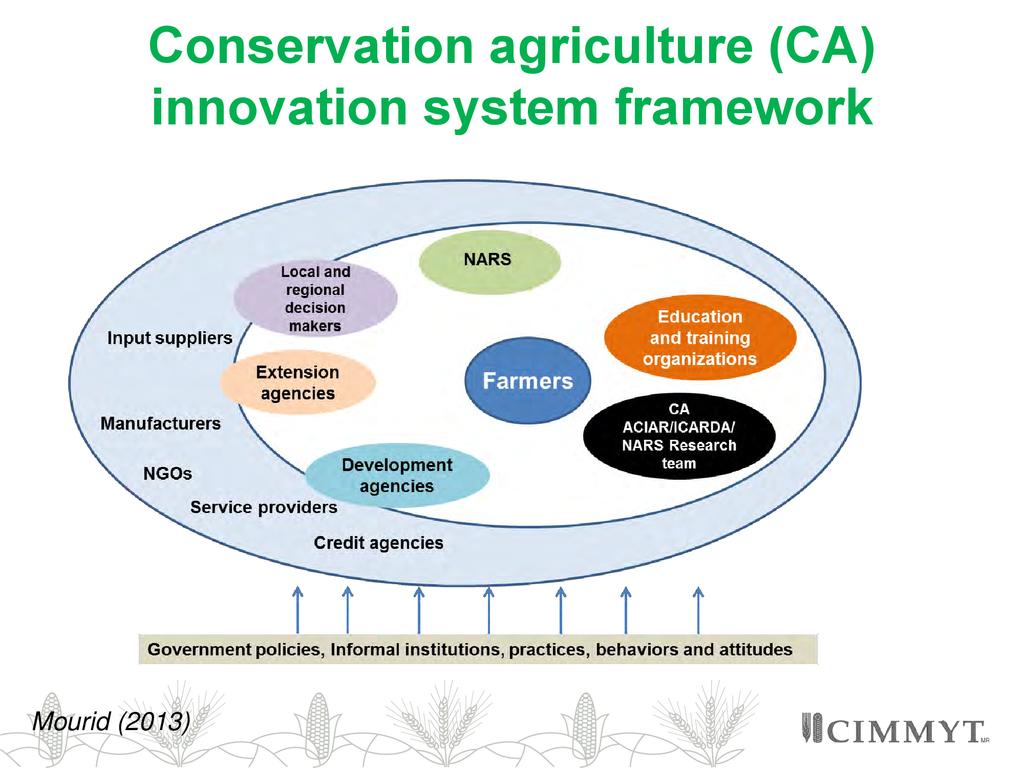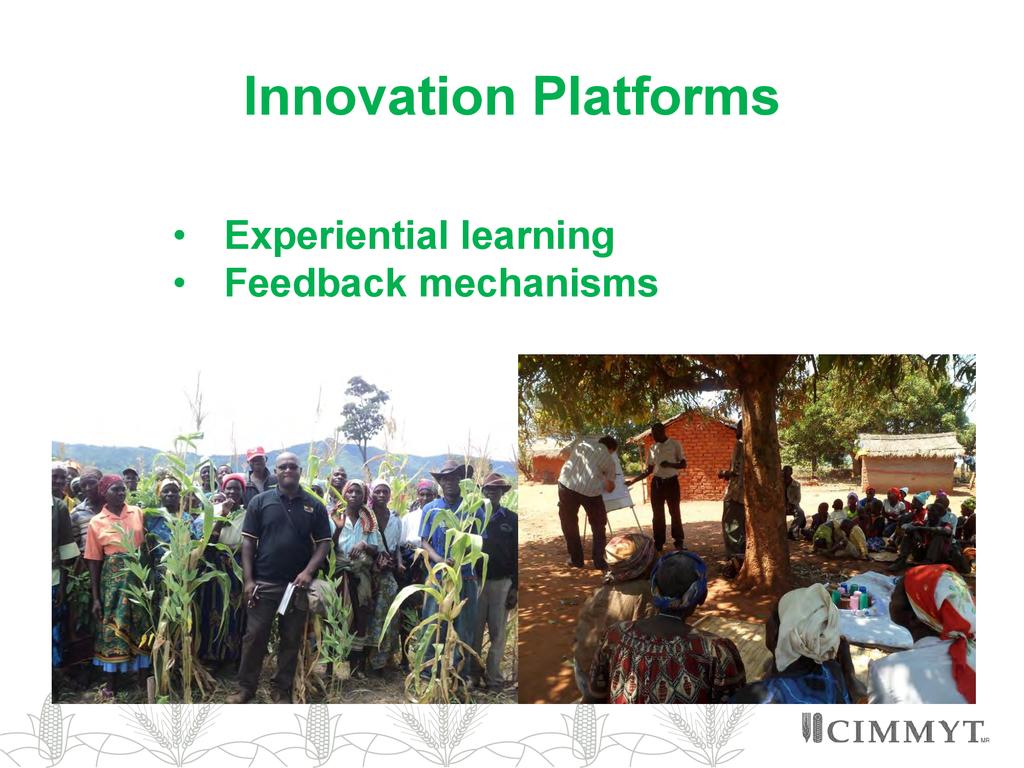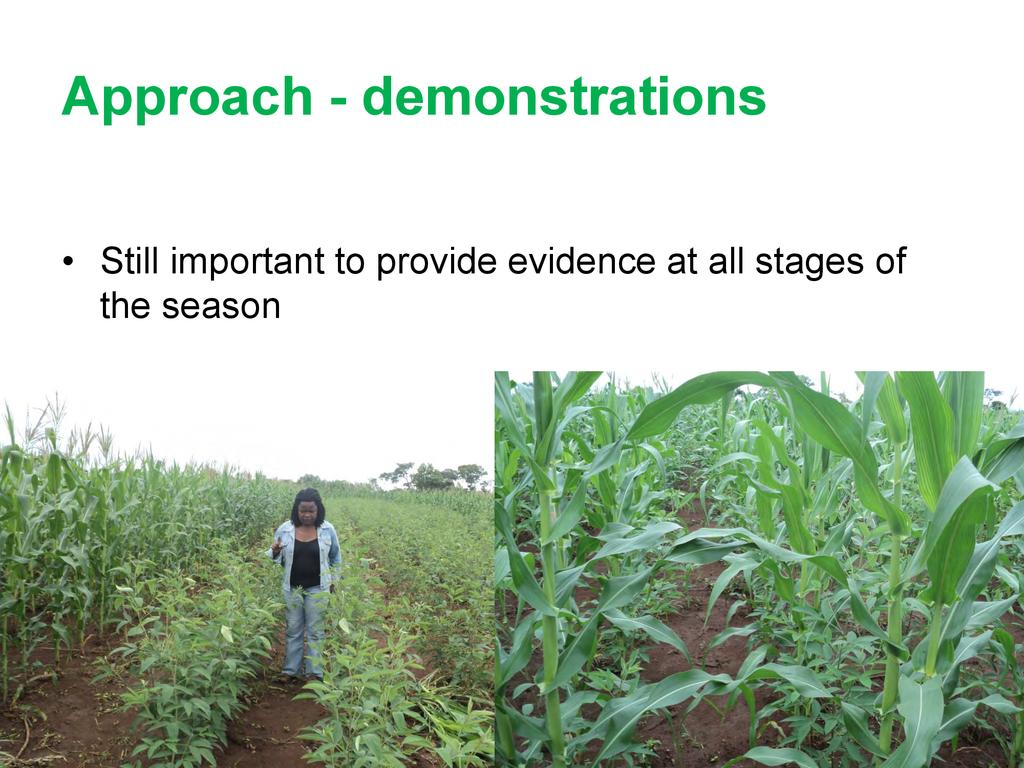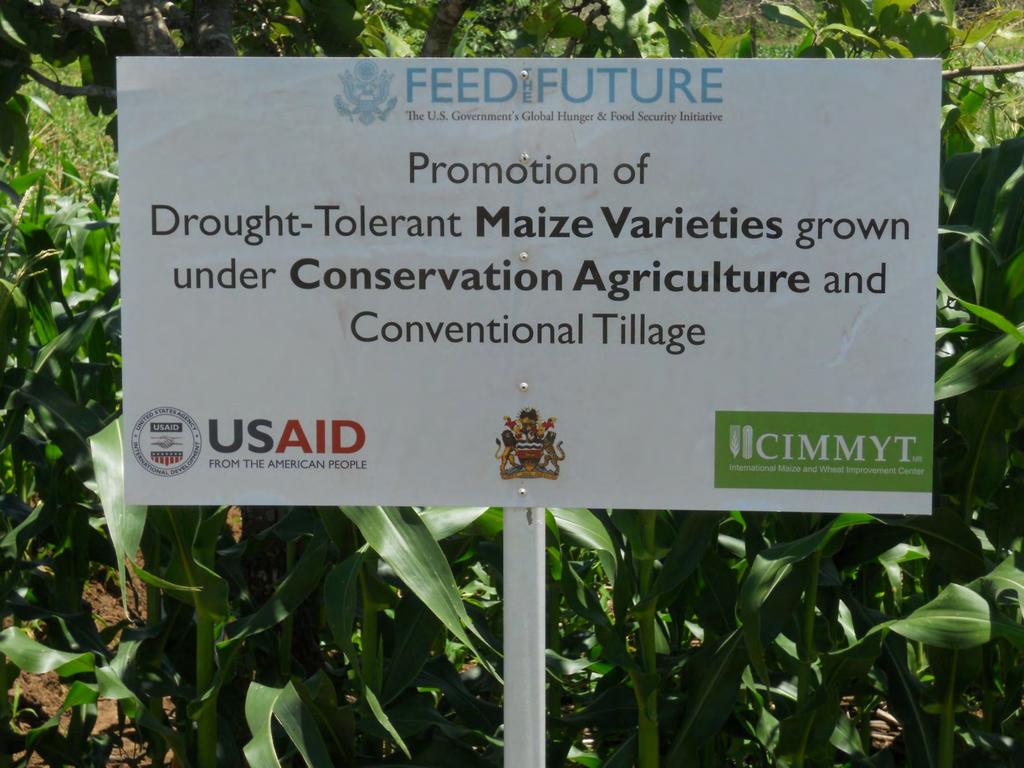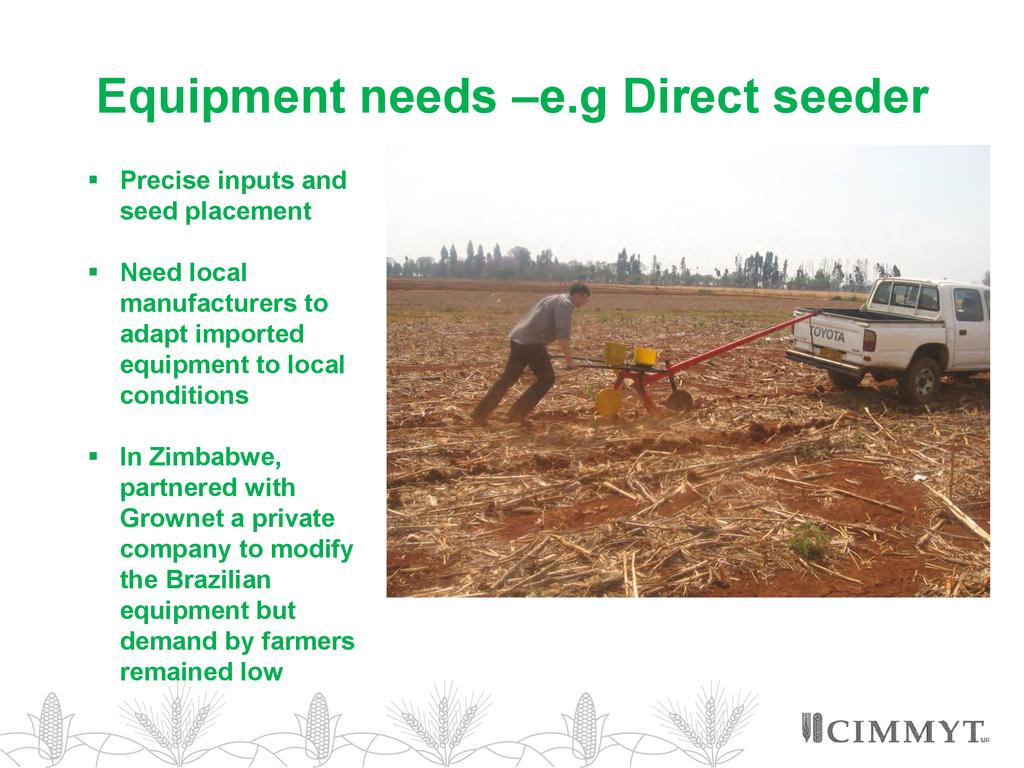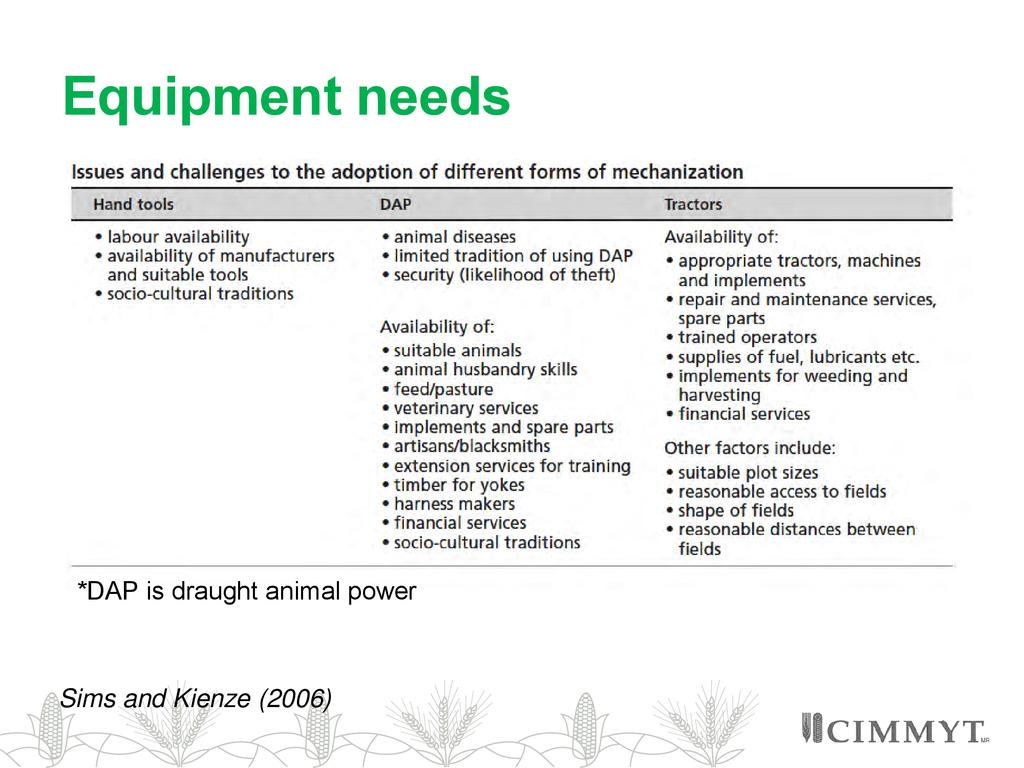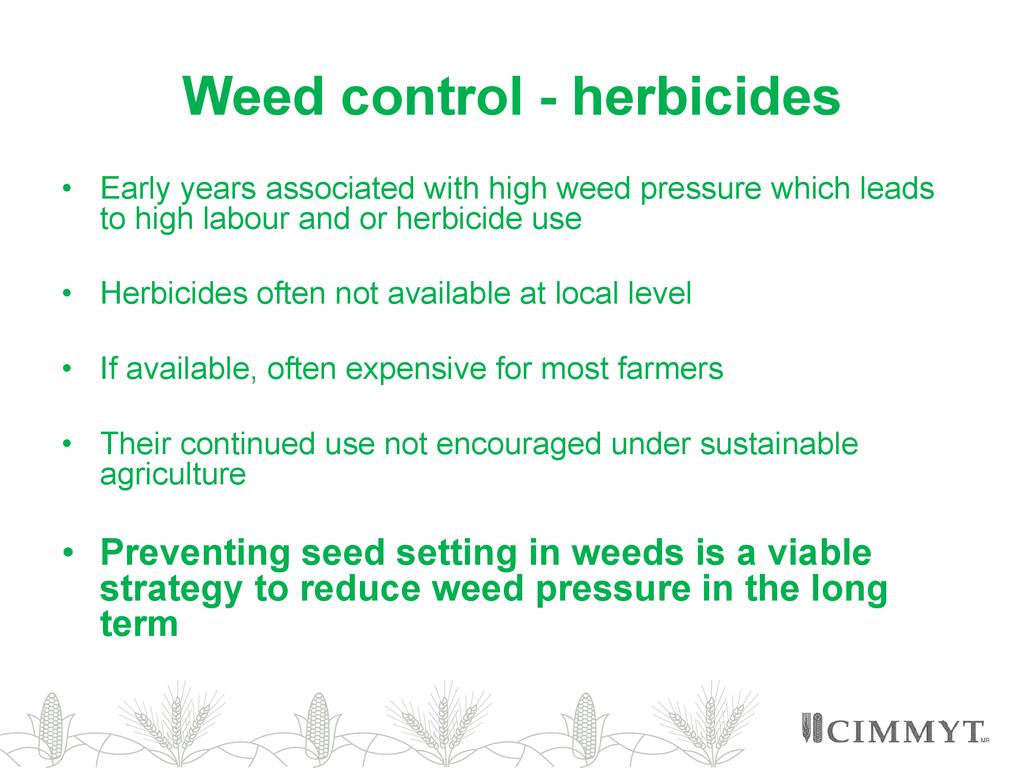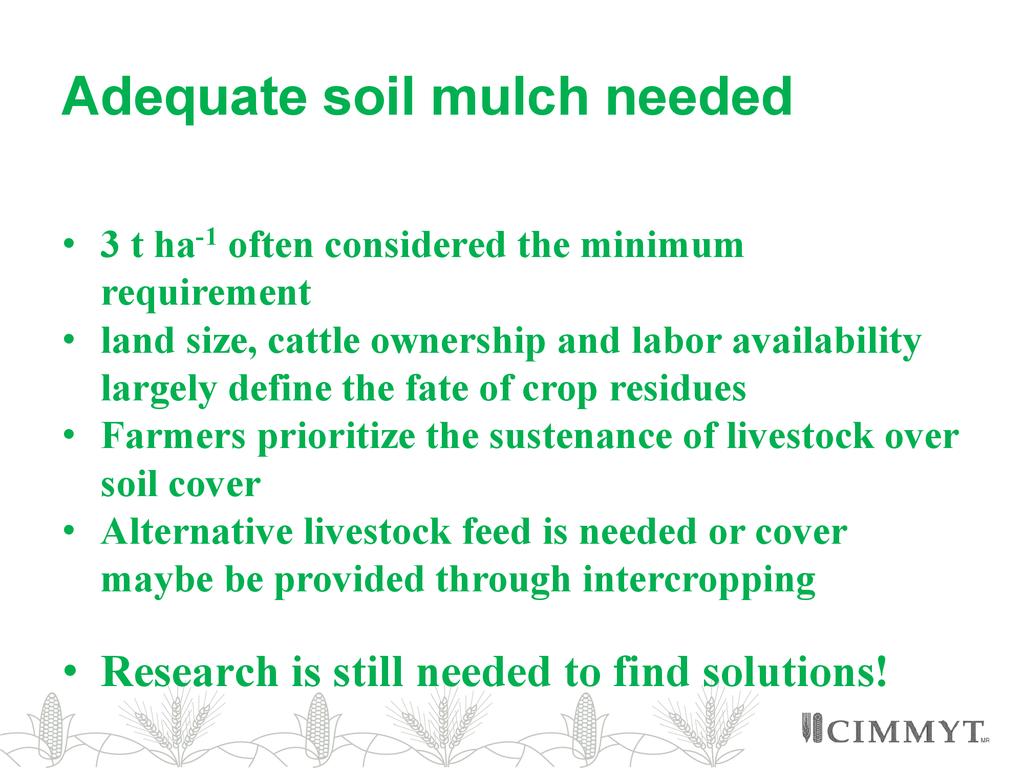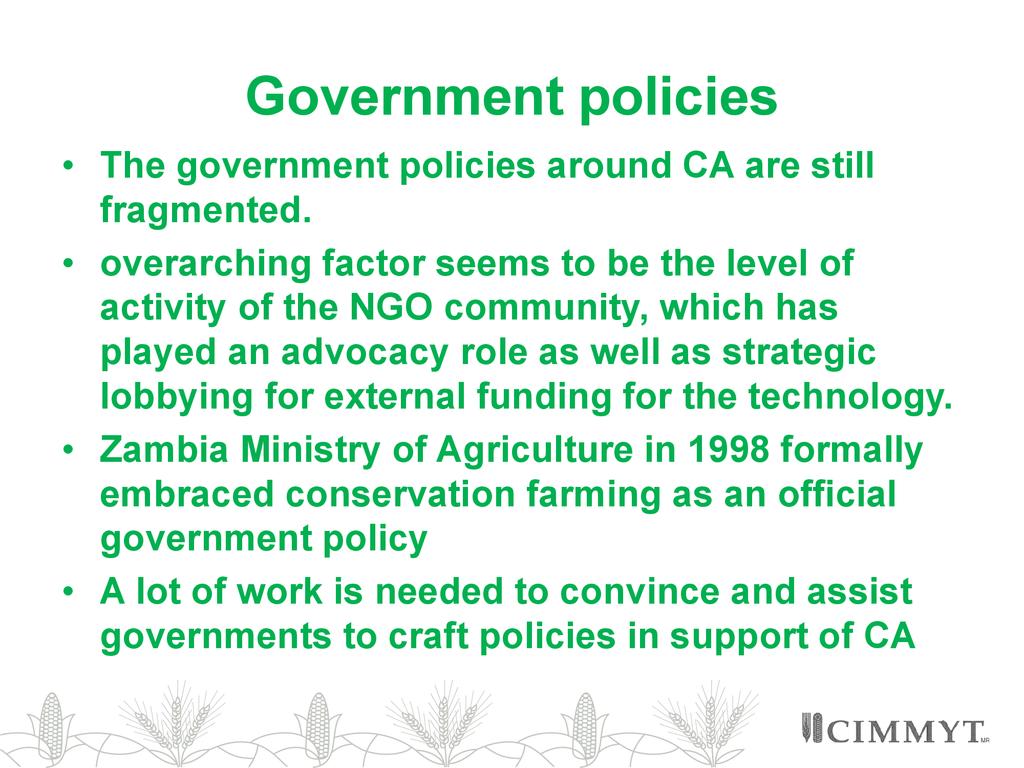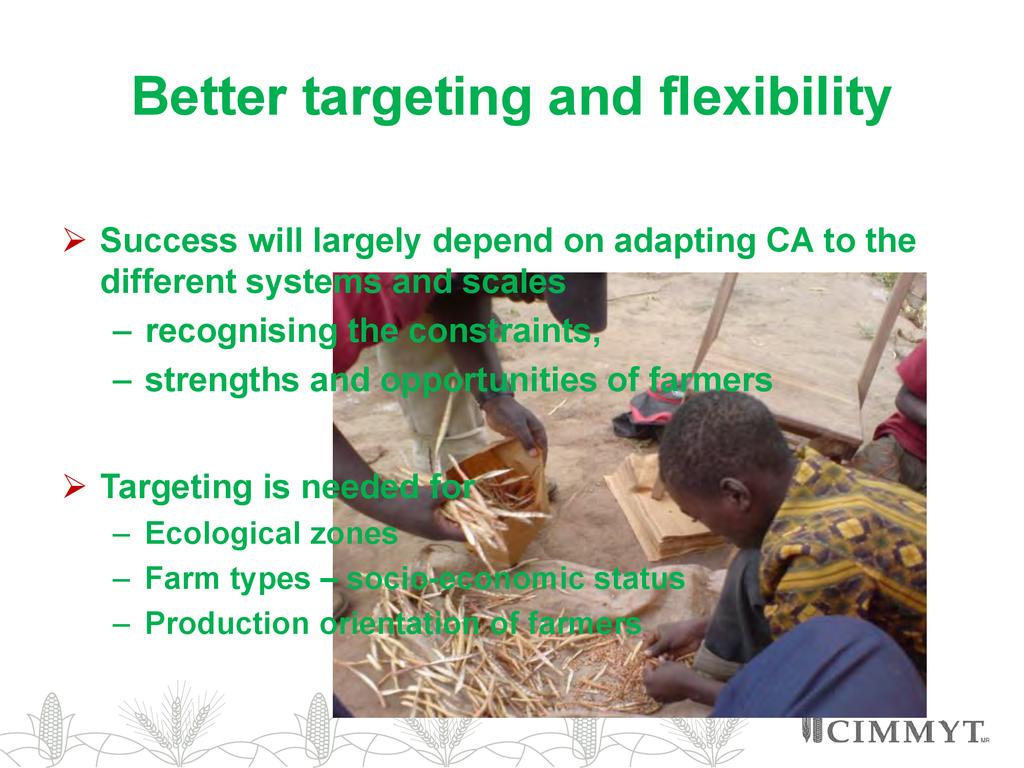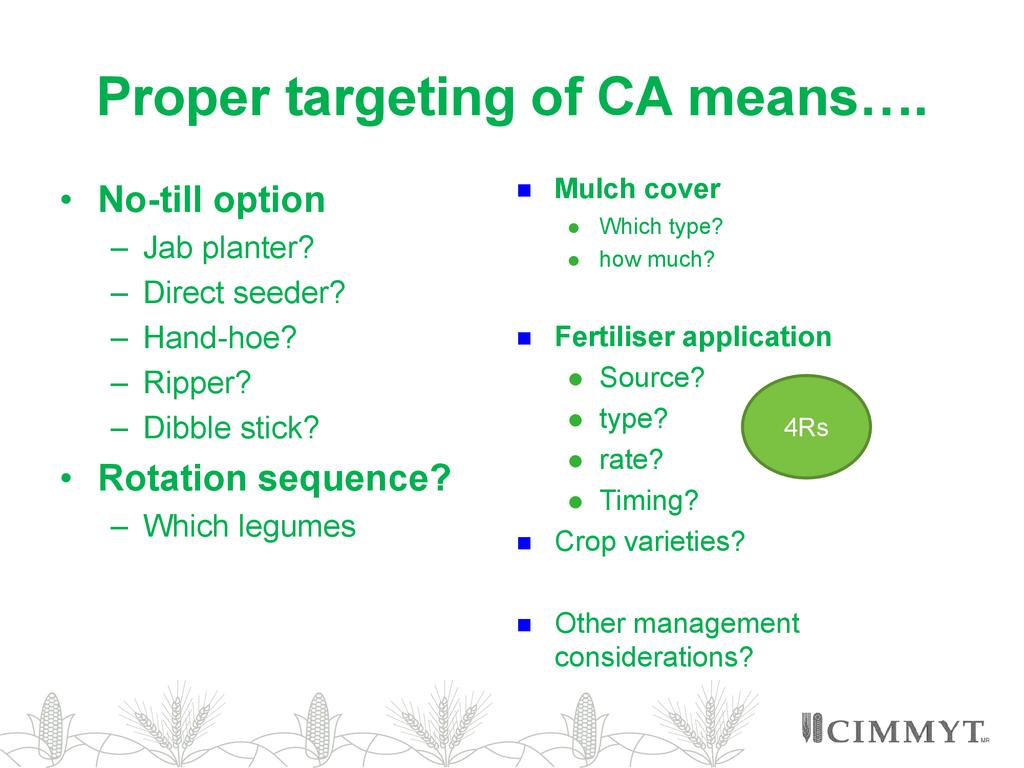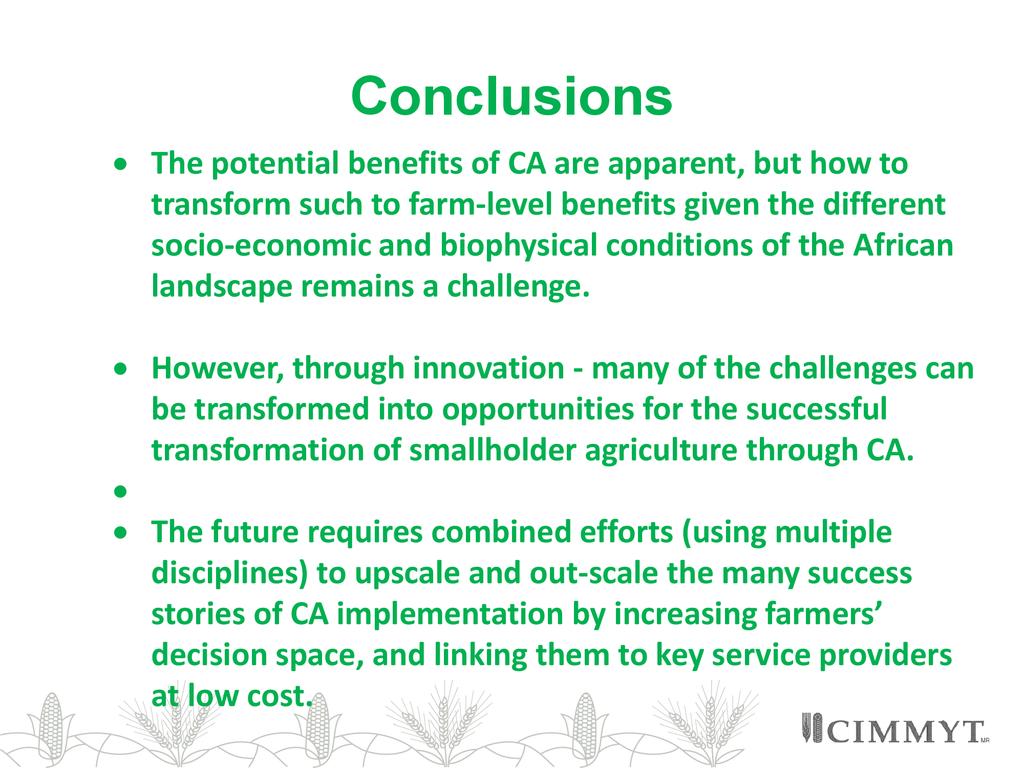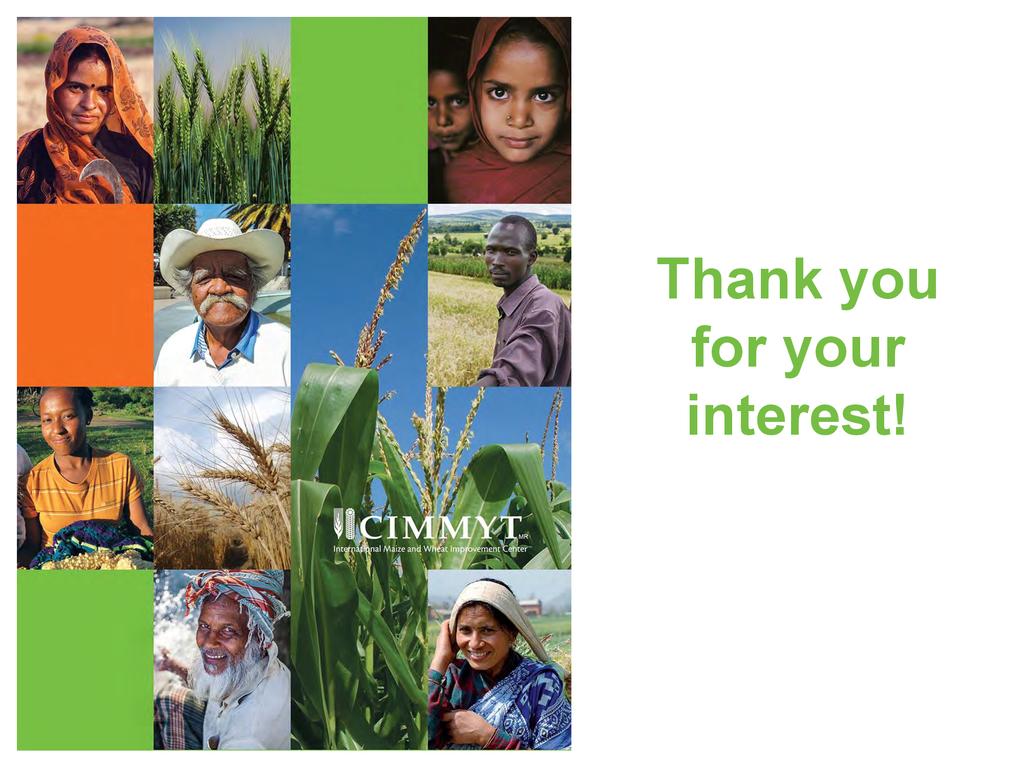Dipersembahkan Oleh: Leonard Rusinamhodzi, CIMMYT
Acara: ECHO East Africa 4th Biennial Symposium on Sustainable Agriculture Best Practices (07 Februari 2017)
The desire to transform smallholder farming to feed the increasing hungry people, burgeoning population, and adaptation and mitigation to climate change is high. There is an obvious realization that it is smallholder farming and rain-fed for that matter that holds the promise to feed the hungry and vulnerable. Lack of clear understanding and skills for on-the-ground implantation of CA has resulted into huge resource utilization inefficiencies. Uncoordinated efforts of NGO's and donors have resulted to duplications and re-invention of the wheel! We have the opportunity to change all this by sharing information and knowledge from CIMMYT.
Presenter : Leonard Rusinamhodzi works as a Systems Agronomist at CIMMYT in Nairobi, Kenya. His current work involves the establishment of agronomic and mechanization trials and demonstrations, and advanced analyses to study the effects of sustainable intensification on system productivity, soil quality, water and nutrient use efficiency and pest and disease dynamics across several agro-ecologies. He holds a PhD in Production Ecology and Resource Conservation from The University of Wageningen in The Netherlands. Leonard has extensive experience in participatory research in smallholder farming systems in eastern and southern Africa, with a deep understanding of the complex barriers to improved crop productivity in these regions. He started working on soil fertility in smallholder systems as far back as 2001, and CA promotion in 2006 through the Sub-Saharan Africa Challenge Program (SSA-CP) while based at CIAT in Harare. He is well published with over 35 peer-reviewed journal publications in top scientific journals. Leonard is particularly interested in learning and managing science that develops and uses tools that combine social, economic and bio-physical aspects of farmers to improve productivity and reduce hunger for smallholder farmers in Africa and beyond.

